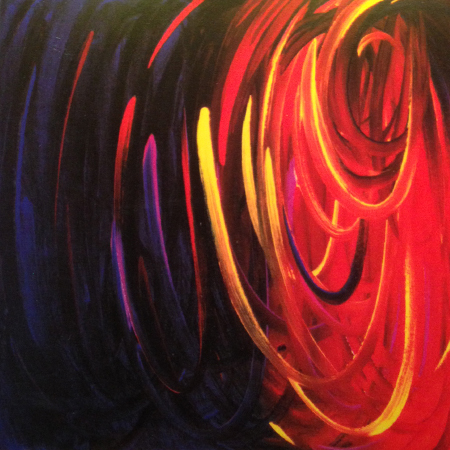Alcohol and Drugs
Alcohol and drugs deserve special mention as risk factors during a time of bereavement. Easy availability, common usage, and potential for providing temporary relief of emotional pain make alcohol and drugs tempting during bereavement. Though they may provide some temporary relief from the emotional pain and distress, they undermine a healthy progression and outcome of grieving.
Generally, the use of alcohol and drugs as a means of treating your grief will prolong the grieving. You run the added risk of developing or activating an addiction and all of the serious problems associated with substance abuse and addiction. Grieving can be extended for years or indefinitely as a result of alcohol and drugs used to treat your grief.
For those with a history of addiction and who are in recovery, a period of bereavement is a time to increase the use of your normal recovery support resources and to add some kind of bereavement support. This may mean more 12 step meetings and contact with your sponsor, a grief support group, or individual grief support.
If you have not had addiction problems prior to the death that has taken place, and find yourself using alcohol and drugs to treat your grief, now is a time for extra precaution. The death of someone significant to you is a stressor of the highest degree with substantial emotional pain and disruption associated with it. Limiting your alcohol and drug use, and instituting a routine of regular grief support and mourning is strongly advised.
Prescription medication can be problematic too. The suggestion here is to work closely with your prescribing psychiatrist or physician, and a professional grief therapy and support specialist to monitor and evaluate the benefit or detriment of any medication you are taking to help you cope with the emotional pain and disruption of grief. Antidepressant, anti-anxiety, and sleep medications can be helpful, and even necessary, during a period of bereavement. They can also have annoying or harmful side-effects. Grief is not depression, and the primary and ultimate prescription for grief is mourning.
Appropriately prescribed medication can help you manage the emotional overwhelm caused by serious loss and severe grief. When necessary, it should be used to assist you in the grieving and mourning processes, not as a substitute for them.
